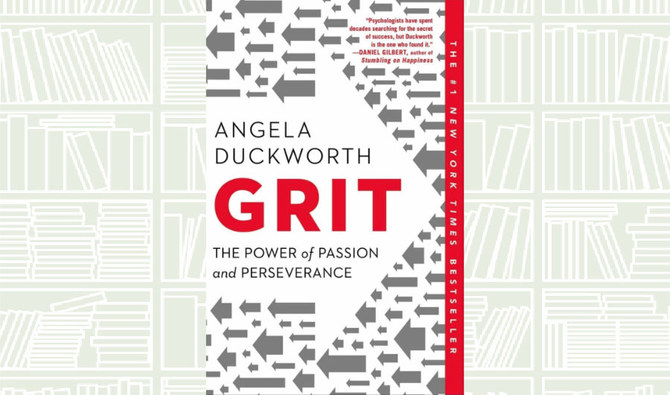In “Grit: The Power of Passion and Perseverance,” Angela Duckworth challenges the idea that natural talent is the sole recipe for success.
Duckworth argues that a powerful combination of passion and perseverance, which she terms “grit,” is a far more reliable predictor of achievement.
Duckworth delves into the concept of grit through captivating stories of West Point cadets, spelling bee champions, and everyday individuals. She weaves together research and personal anecdotes to illustrate the importance of long-term goals, sustained effort, and bouncing back from setbacks.
Grit is not just about blind hard work; it is about working smart and strategically. Duckworth emphasizes the power of deliberate practice, a focused approach to honing your skills and mastering a craft.
The book offers a refreshing and empowering perspective on the path to success. It acknowledges the role of talent but underscores the significance of dedication and a never-give-up attitude.
“Grit” is a motivating read that will inspire you to identify your passions and pursue them with unwavering determination.
Duckworth also equips readers with tools to cultivate their own grit. She provides a self-assessment quiz to measure your current level and offers practical strategies to develop a growth mindset and embrace challenges.
“Grit” is more like a call to action. It leaves you with a newfound appreciation for the power of human potential and the transformative potential of hard work.























